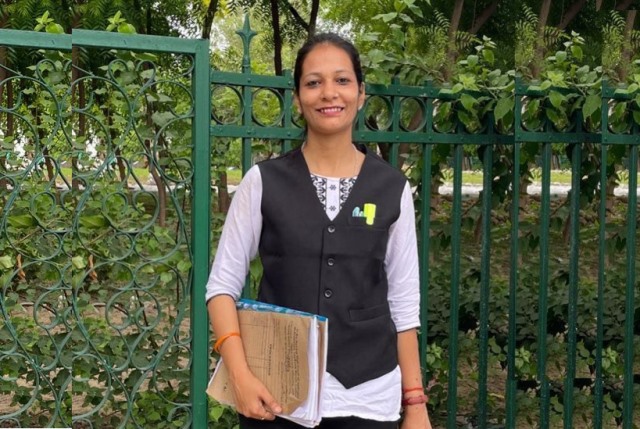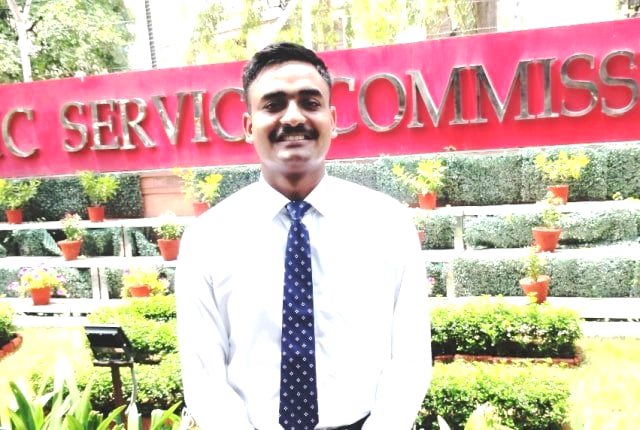
‘Language is a Medium to Assimilate, Not Alienate, Citizens’
Priyanka Dokania, an IT professional staying in Bengaluru for 14 years, says instances of linguistic jingoism in the city dent its cosmopolitan image. Her views:
Having lived in Bengaluru for the past 14 years, I have always felt like this city is home. It is the city where I built my career, found friendships, and became part of a vibrant, diverse community. But recently, a viral post surfaced on X, ‘Bengaluru belongs to Kannadigas’, declaring that anyone who doesn’t speak Kannada is an outsider and should be treated as one. While I respect everyone’s right to express their views, I couldn’t help but feel disheartened by the post’s divisive nature.
Knowing Kannada should not be made mandatory for those living in Karnataka. It’s important to note that Bengaluru, as the state’s capital, generates significant revenue through its IT industry. The city is a hub for professionals from all over India, hailing from different linguistic backgrounds. The very essence of Bengaluru is its cosmopolitan nature, a city that thrives on its diversity, where people of various cultures, languages, and beliefs coexist harmoniously.
As an IT professional, I can attest to the fact that many of us come to Bengaluru without any certainty about how long we will stay. The nature of our profession often demands flexibility, with frequent relocations based on job opportunities. Expecting every individual to learn the local language, especially when their stay might be temporary, is unrealistic. It’s not that we don’t respect Kannada or the local culture, far from it. But expecting fluency from people who are often here for short stints is a burden, especially in a city known for embracing outsiders.
ALSO READ: Bengaluru Water Crisis Holds Lessons For Other Metro Cities
Think about it… do we demand every resident in any state of India to learn Hindi, India’s official language? No. Yet, many of us speak it as a bridge language without ever feeling coerced. In Bengaluru, I have never had a problem navigating daily life despite not being fluent in Kannada. My interactions with locals have always been respectful and courteous. In fact, many people switch to English or Hindi to make communication easier. That’s the beauty of this city; people here are accommodating, understanding, and welcoming.
I believe these online posts are often politically driven, designed to create unnecessary rifts. On the ground, barring a few isolated incidents — which may happen anywhere — there’s no significant hostility. Most people in Bengaluru understand the transient nature of its workforce and the value of a multilingual, multicultural environment. It’s troubling to see how a language, an essential part of one’s identity, can be weaponised in such a divisive manner.
How many languages can one learn, especially in a country like ours, which boasts over 20 major languages? While it’s vital to respect and honour local traditions and languages, forcing language mandates can disturb the social fabric. Cities like Bengaluru thrive because of their ability to integrate, not segregate.
It’s ironic that while our national leaders speak of Vasudhaiva Kutumbakam, the world as one family, we still face issues like this. These irresponsible online statements have the potential to ignite tensions that are entirely unnecessary. Language should be a tool for connection, not conflict.
For more details visit us: https://lokmarg.com/
As told to Mamta Sharma



